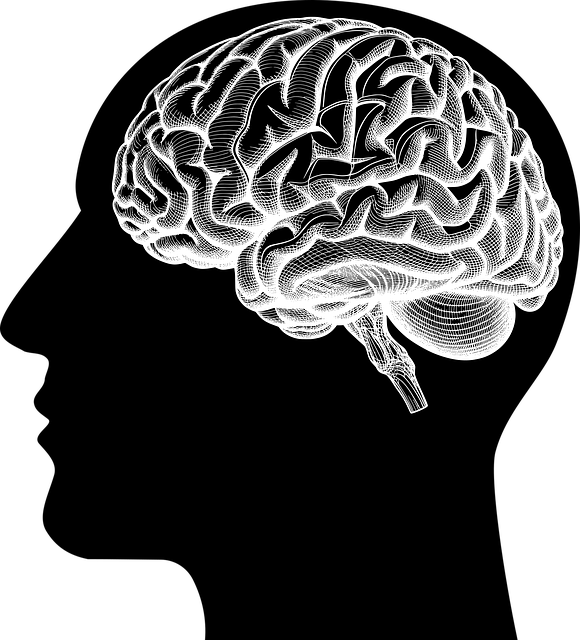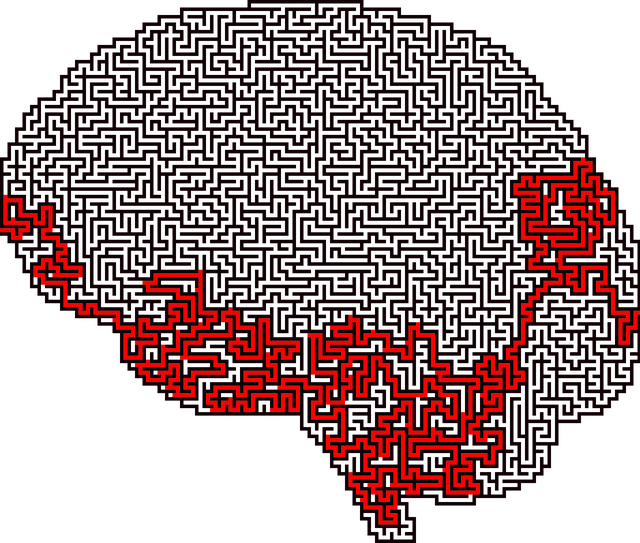Greenwood Village Children's Therapy offers personalized mental wellness coaching for children, focusing on building resilience and effective stress management strategies tailored to individual needs and cultural backgrounds. Their adaptive methods integrate evidence-based practices like CBT and mindfulness, reducing anxiety and depression symptoms while fostering long-term mental health. Success is measured through multifaceted approaches including standardized assessments and qualitative feedback, ensuring culturally competent care that addresses diverse challenges faced by young individuals.
Greenwood Village Children’s Therapy recognizes the growing need for mental wellness coaching programs tailored to young minds. This article explores strategies for developing effective coaching interventions, catering to diverse youth populations within the community. We delve into evidence-based practices and provide insights on measurement techniques to ensure successful outcomes. By integrating these approaches, Greenwood Village aims to enhance mental health support, offering a holistic path to well-being for children through tailored coaching sessions.
- Understanding the Need for Mental Wellness Coaching in Greenwood Village Children's Therapy
- Designing Effective Coaching Programs for Diverse Youth Populations
- Implementing Evidence-Based Strategies in Coaching Sessions
- Measuring Success and Impact: Evaluation Techniques for Youth Mental Health Programs
Understanding the Need for Mental Wellness Coaching in Greenwood Village Children's Therapy

In Greenwood Village Children’s Therapy, recognizing the vital role mental wellness coaching plays in fostering healthy development is paramount. The modern world presents unique challenges that can significantly impact a child’s emotional well-being, making personalized support systems increasingly crucial. Here, coaches step in as guides, offering strategies to enhance resilience and navigate life’s hurdles. By integrating techniques like crisis intervention and risk management planning for mental health professionals, these programs empower children to manage stress and anxiety effectively.
Greenwood Village Children’s Therapy understands that building resilience is key to a child’s overall success. Mental wellness coaching programs cater to individual needs, providing tools to cope with academic pressures, social challenges, and emotional turbulences. This proactive approach ensures that children develop the mental fortitude to face unforeseen circumstances, thereby promoting their long-term mental health and well-being.
Designing Effective Coaching Programs for Diverse Youth Populations

Designing effective coaching programs for diverse youth populations requires a nuanced approach that caters to individual needs and cultural backgrounds. At Greenwood Village Children Therapy, we understand that one-size-fits-all strategies rarely succeed in fostering mental wellness. Therefore, our coaches employ adaptive methods, ensuring each session resonates with the unique experiences and challenges faced by young individuals from various walks of life.
This personalized approach encompasses activities like teaching self-care routine development for better mental health, addressing burnout prevention techniques, and incorporating culturally sensitive practices to build trust and foster open communication. By acknowledging the diverse tapestry of our youth populations, we create inclusive environments that empower participants to navigate their emotional landscapes successfully.
Implementing Evidence-Based Strategies in Coaching Sessions

Implementing evidence-based strategies is a cornerstone of effective mental wellness coaching programs, particularly when considering the well-researched benefits of such approaches in Greenwood Village Children Therapy settings. Techniques like cognitive behavioral therapy (CBT), mindfulness practices, and positive psychology interventions have been shown to significantly reduce symptoms of anxiety and depression, promoting healthier coping mechanisms and improved overall well-being for clients.
By integrating these strategies into coaching sessions, professionals can create a structured yet adaptable environment that caters to each individual’s unique needs. This not only enhances the quality of care but also facilitates better client engagement and outcomes. Moreover, focusing on evidence-based practices allows for systematic risk management planning for mental health professionals, ensuring they are equipped to handle various challenges while fostering an atmosphere of trust and safety for their clients.
Measuring Success and Impact: Evaluation Techniques for Youth Mental Health Programs

Measuring success and impact is a vital aspect of evaluating mental wellness coaching programs, especially when focusing on youth mental health initiatives. At Greenwood Village Children Therapy, we understand that quantifying the effectiveness of these programs requires a multifaceted approach. One effective technique involves utilizing standardized assessment tools to gauge changes in mental health symptoms before and after participation. These tools can assess anxiety, depression, self-esteem, and other key indicators, providing tangible data on program impact.
Additionally, qualitative methods such as interviews and focus groups offer valuable insights into the participants’ experiences. By gathering feedback from both youth and their caregivers, we can identify specific Communication Strategies and Empathy Building Techniques that resonate with the target audience. This information is crucial for refining programs and ensuring they meet the unique needs of young individuals navigating mental health challenges. Incorporating Healthcare Provider Cultural Competency Training also plays a significant role in these evaluations, as it helps address potential cultural barriers to care and improves overall program effectiveness.
Mental wellness coaching programs, as exemplified by Greenwood Village Children’s Therapy, are crucial tools for addressing the diverse emotional needs of young individuals. By designing inclusive and evidence-based approaches, we can effectively support youth populations in navigating their mental health journeys. Implementing these strategies not only enhances individual well-being but also contributes to a more resilient and supportive community overall. Through ongoing evaluation, we can ensure that these programs remain effective and tailored to the unique needs of those they serve.












